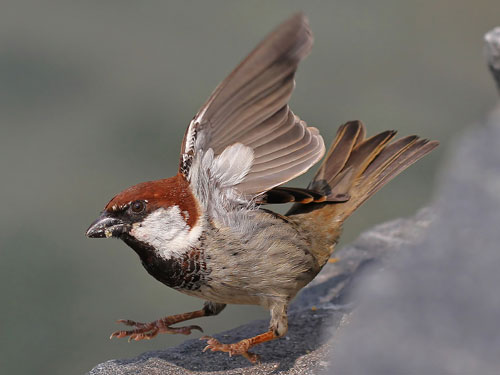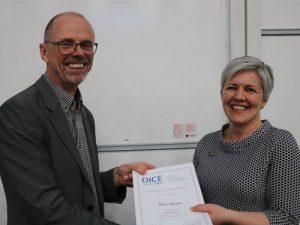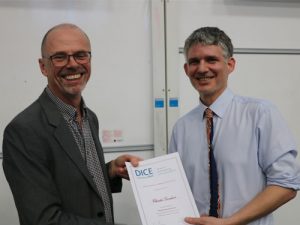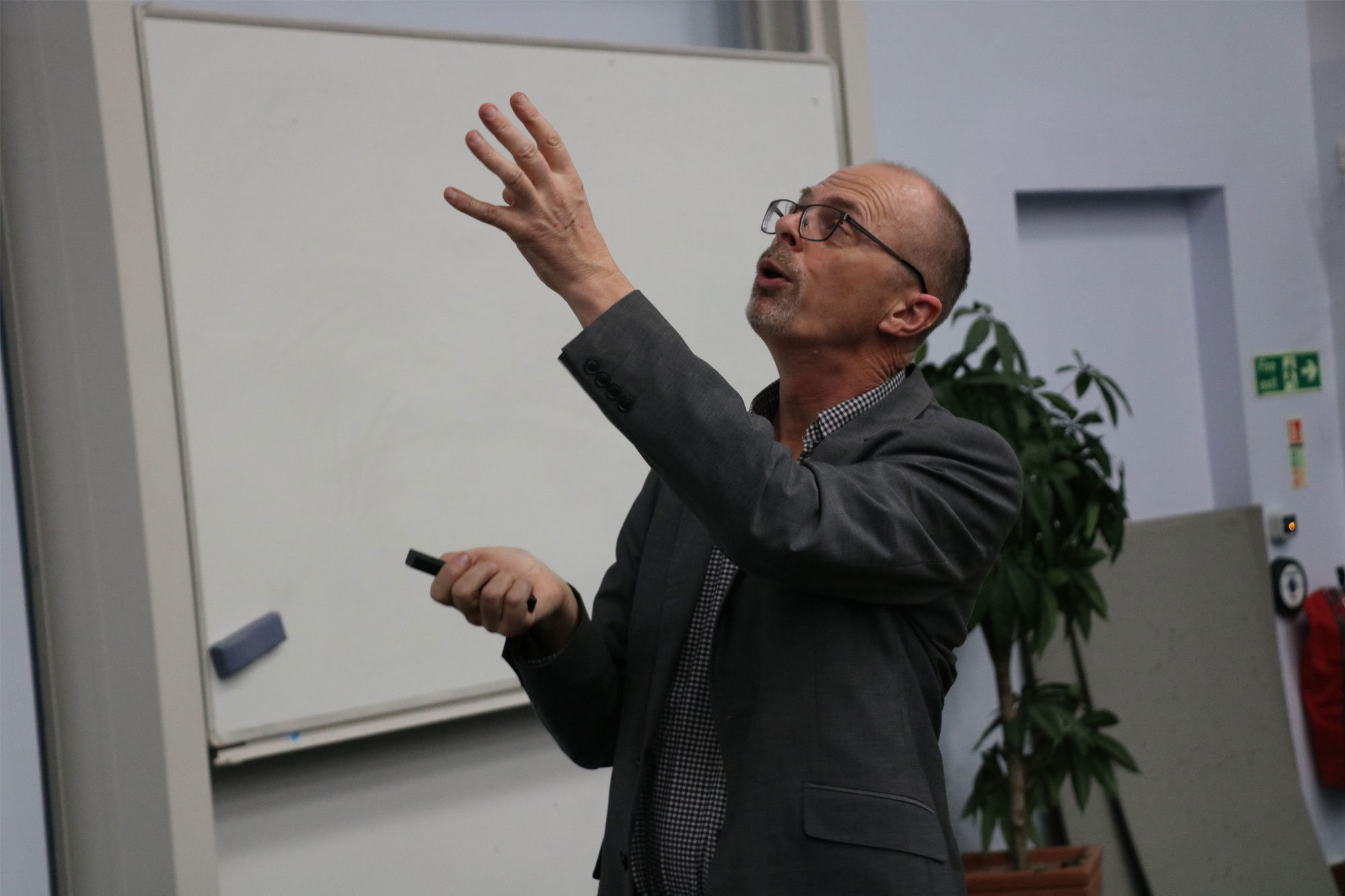This year’s thought-provoking DICE annual lecture was given by Professor Chris Thomas from the University of York. In a time where we are entering the planet’s sixth mass extinction, and significant climate change threatens biodiversity around the world, it gave us a fresh perspective on conservation in a changing world.
Professor Thomas argued that we should aim to fight loss of biodiversity rather than biodiversity change. Change is a part of evolution and natural selection pressures drive speciation (the formation of new and distinct species in the course of evolution) as well as species loss. In other words, the biological gains caused by the Anthropocene are worth the same consideration as the biodiversity loss caused by it. As the Anthropocene progresses, we will lose some species, but natural selection will steer the origination of new species better suited to the human-altered planet we live on today. In the last decade, we have seen man-made climate change and habitat alteration increase rapidly and, due to, rather than in spite of, these rapid environmental changes, species are evolving in these landscapes before our eyes!
One case study Professor Thomas used to demonstrate these biodiversity changes was the Italian sparrow, used as the cover photo for the event. Italian sparrows are a newly evolved species which came about when Spanish sparrows and House sparrows hybridised. This hybridisation which led to the origination of the new Italian sparrow species was only possible due to the actions of humans. The House sparrow is commonly viewed as a welcome garden bird in the UK and most people would think of them as a native species, however they actually originated from Asia and spread around the world due to human agricultural and urban habitat alterations. Without human beings creating these new habitat opportunities for the House sparrow, the Italian sparrow would simply not exist.

Biological diversification has always slightly exceeded the rate of species loss and, today, there are more species on the planet than at any previous point in history. While it is often talked about that we are living in a sixth mass extinction event, Professor Thomas raised the possibility that evidence suggests we may also be living in a sixth mass origination event, whereby new species are rapidly evolving to fill newly created niches and to survive in this modern, human-dominated world, that of the Anthropocene.
As someone who has previously worked in species conservation, instinctively it feels wrong to just accept that some species are going to disappear, however, whether we like it or not, the world is changing and has already irreparably changed. As conservationists, we do not have the resources or the power to protect everything, and the idea of trying to restore and maintain the world to a place which no longer exists is naïve. The ideas presented in Professor Thomas’ talk should make us re-evaluate the way we view conservation in the modern world, and, while we should not give up on species conservation, we should also not be disheartened by the knowledge that we will likely witness the loss of a large number of species in our lifetimes.
When human beings evolved on this planet it was not in its final state. Throughout human history, species have become extinct due to both our actions and factors out of our control, and yet more species have evolved to take their place. The loss of anything irreplaceable is always sad, yet change in the context of evolution and biodiversity is inevitable. In this time of the Anthropocene, we should perhaps consider turning into the skid and attempt to conserve biodiversity in the context of this changing world we live in.
Text by Tom Wells, currently studying for an MSc in Conservation and International Wildlife Trade at DICE.



